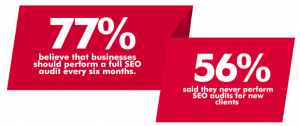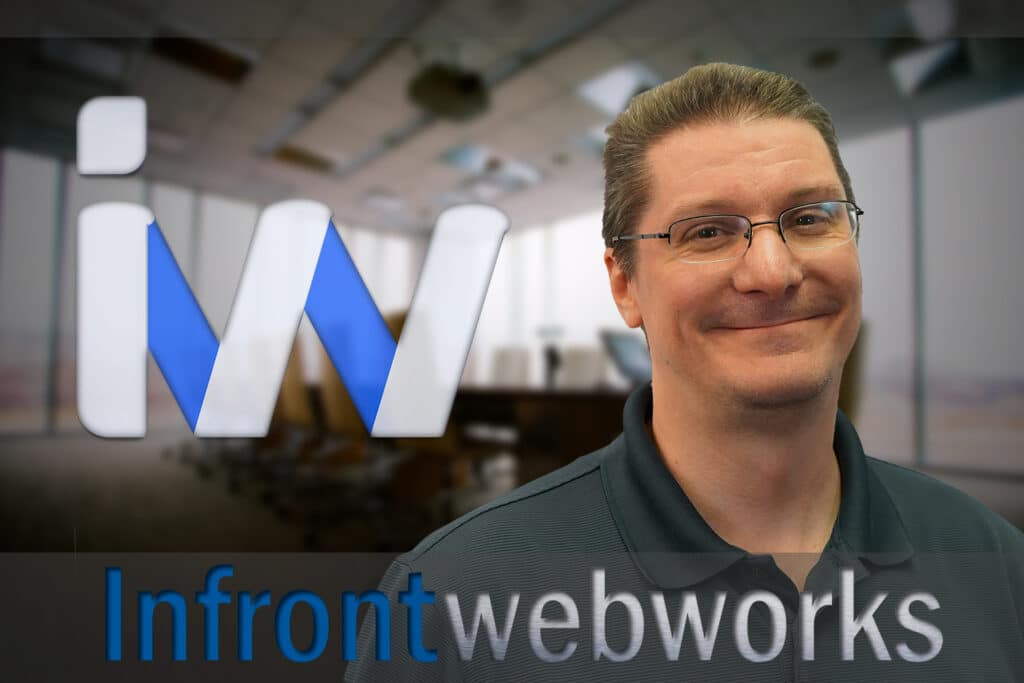The digital marketing industry never stops. Year after year, new technology and burgeoning trends shift the way businesses enact their online marketing. But to stay ahead, SEO specialists and digital marketing teams must prepare for and implement change.
Search Engine Journal asked online marketers and those involved in the digital marketing industry to take a survey. The survey was done with the intention to paint a more complete picture of the digital marketing industry as it stands and to give some insight into where the industry might be headed in the near future. SEJ’s first annual report revealed some intriguing information. From the importance of social media and SEO audits to the most popular methods for staying up to date on industry trends, the results are bound to shine some light into the unknowns of digital marketing so that businesses can maintain their success and stay ahead.
What SEO Marketers Were Involved?
The survey took into account the opinions of many industry roles:
- 75% SEO Specialists
- 10% Manager/Multi-discipline
- 4% Business Owner
- 4% Social Media Specialist
- 4% Content Marketing Specialist
- 3% PPC Specialist
Survey participants stressed the importance of staying on top of marketing trends via conferences, podcasts, and books. Nearly everyone (91%) agreed that remarketing is effective, and some companies spend thousands on their remarketing campaigns alone. But there are more detailed findings that might reveal the multifaceted AHA moment you’ve been looking for.
SEO AUDITS ARE NECESSARY
In accordance with a 2014 Moz industry survey, respondents of the SEJ survey also agree that site audits are or should be a top priority for SEO agencies. 77% of respondents believe SEO audits should be conducted every six months, but 56% respondents stated that they never perform audits for new clients.
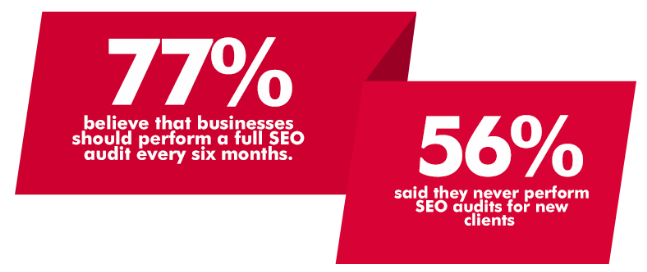
Why are audits so vital? Well, in many ways, getting an audit is like taking your car in for an oil change. Or, if you hate doctors, it’s like dragging your feet into the doctor’s office for your yearly physical. Both are probably not the most enjoyable activities, but they are necessary. If you forgo the audit, if you refuse to “check-up” on your website, you’re setting yourself up for a crash-and-burn disaster. Audits pinpoint site flaws and potential issues before they become detrimental. This is particularly important in an industry in constant flux. There are many audit guides available to help you get on with the process.
PPC BUDGET INCREASES
PPC Hero revealed that advertisers did not predict an increase in the PPC budget this past year. However, that trend is expected to continue on through next year, and survey results reveal just how much advertisers are spending on their PPC campaigns.
Overall, 62% of respondents spend 1000-5000 monthly on PPC campaigns. In addition, 91% of respondents claimed to use remarketing campaigns, and 91% believe that remarketing is an effective advertising move. 59% of respondents attend conferences to keep pace with PPC industry changes and maintain a great ROI.
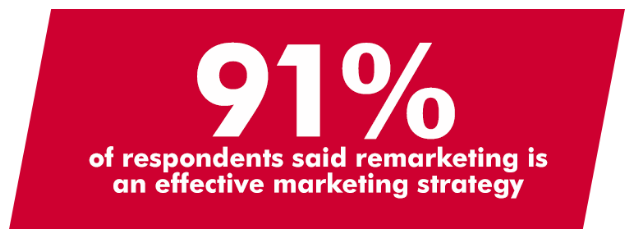
As is consistently assumed, the survey confirmed that the top three positions on SERPs yield the highest number of clicks with a CTR of 2-3%. With the removal of the right sidebar, marketers anticipate that this average CTR might change. To maintain high SERP positions, follow the example of industry experts by optimizing PPC campaigns for all devices, including mobile, tablet, and desktop. 91% of survey respondents claim to optimize their PPC campaigns for multiple devices, a prhttps://www.infront.com/blog/value-of-first-page-google-results/oven tactic for increasing CTR.
SOCIAL MEDIA BRANDING
Social Media is an influential key holder in digital marketing. 33% rate social media as medium-high to high in bringing in sales or volume leads, according to research by Smart Insights. SEJ’s results confirm those results, with 74% of respondents spending 300-1000 dollars monthly on social media campaigns. In contrast, 84% of respondents believe businesses can maintain success with an effective, organic social campaign. The metrics for measuring this success are:
- Reach–75%
- Engagement (likes, comments, upvotes)–30%
- Traffic–26%
- Conversions: –26%
- Followers:–16%
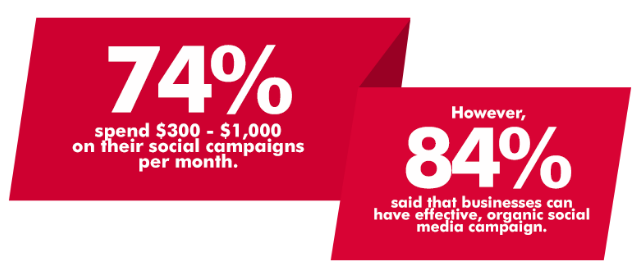
Though search engines are the main source for driving traffic to your site, social media should be kept in mind. Building your brand on social media increases engagement and awareness, and users will be more likely to remember your brand name when they do hit the search engines for a relevant query. Overall, 62% of respondents read books to keep up with social media marketing changes. 69% of respondents feel that Facebook is not a very effective social media platform for small businesses while 62% of respondents would stick with Google+ if only allowed one social media profile.
THE IMPORTANCE OF CONTENT MARKETING
Though digital marketing as a whole is quite a hodgepodge industry, 66% of respondents feel that content marketing is the most effective aspect of all. 89% of those respondents claim to have a documented content marketing strategy, but other research shows that documenting a content strategy is still a big issue for many businesses. 68% of respondents conclude that the top content type to generate leads is long-form content, i.e., white papers and e-books. Following in second are blogs at 16% and webinars at 5%.
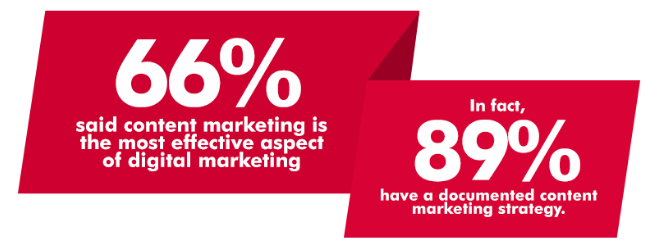
It is important to develop a robust content marketing strategy, and even more important to document that strategy. Educating yourself on effective content marketing trends and working hard to understand your target audience will keep your content going strong.
Overall, respondents feel that digital marketing requires great effort on all ends to maintain success. Content marketing takes the lead at 66%, SEO best practices at 9%, and link building at 5%. 20% of all respondents state that balancing all of these out will lead to the most effective digital marketing strategy and assure success in a forever-shifting industry.
For the complete SEJ Annual Report: State of Digital Marketing 2016 and Inforgraphic.
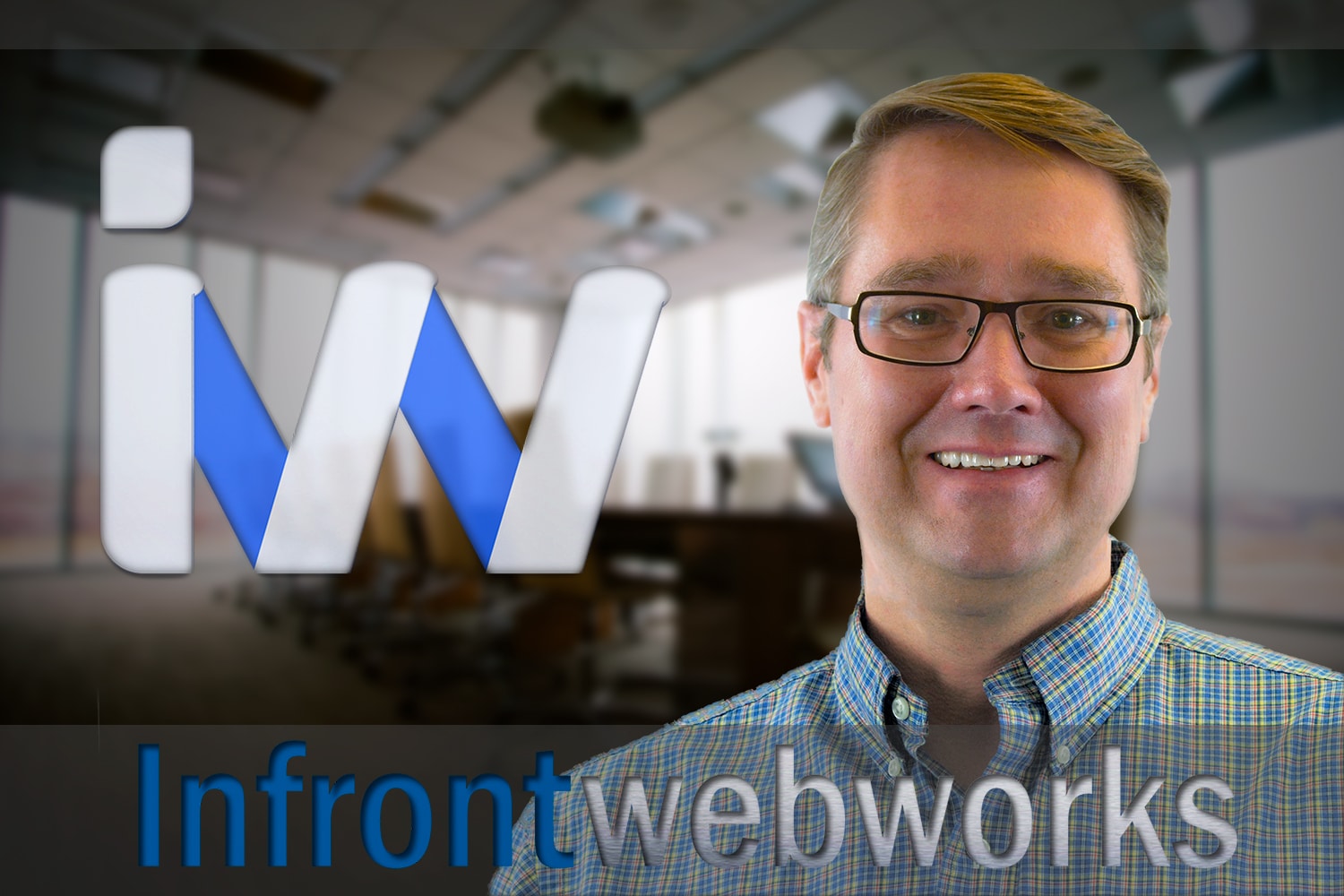
Matthew is the President of Infront Webworks and is a New England native now calling Colorado Springs home. Matt attended The University of NH where he pursued a BS in Natural Resource Economics & Business Administration. Aside from Infront; Matthew has owned and managed two other online agencies based on the seacoast of New Hampshire and been a key player in multiple technology mergers & acquisitions. When he’s not bathing in technology, online marketing & business; he’s probably spending time with his wife and daughter, boating, skiing the trees, hiking or cooking..he is a foodie for sure!

